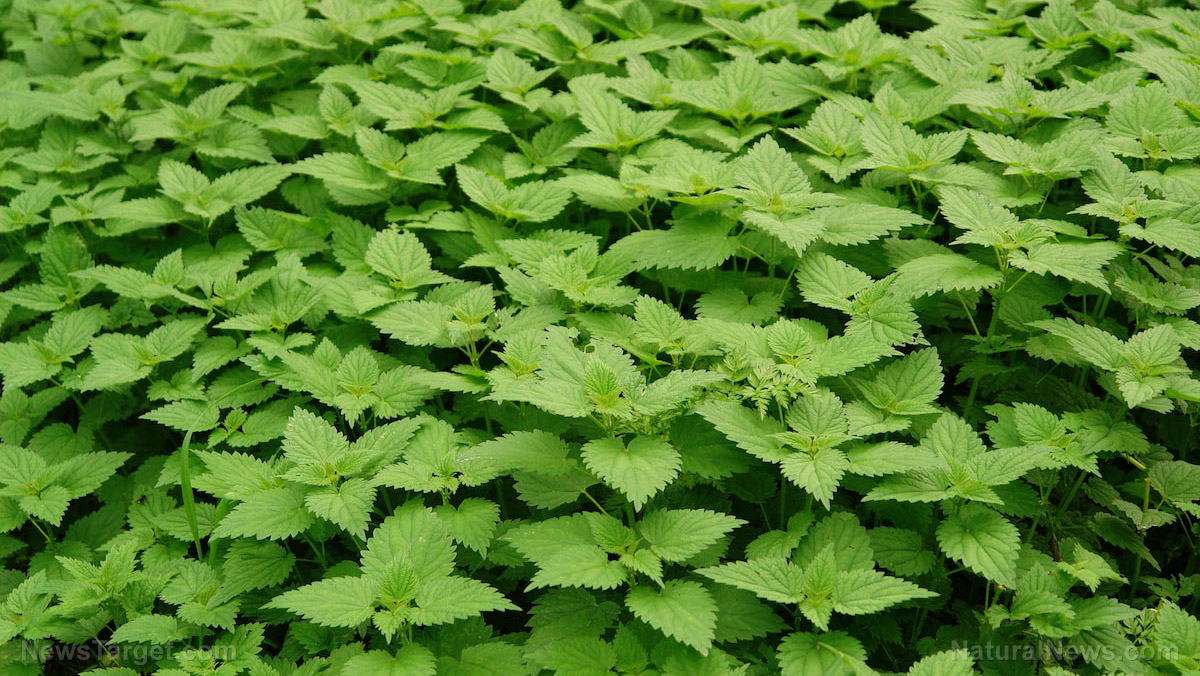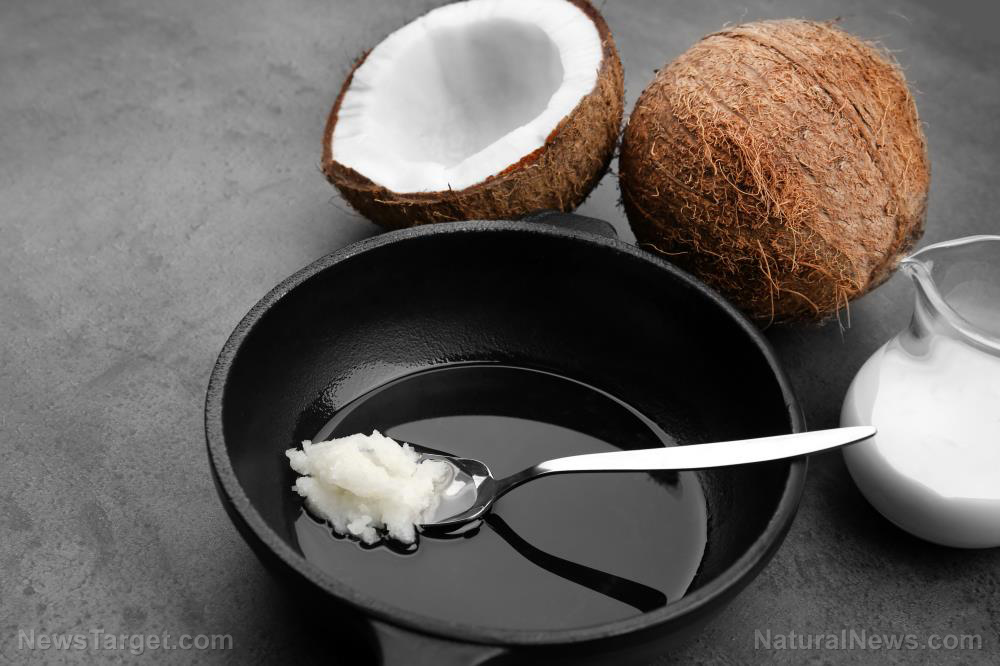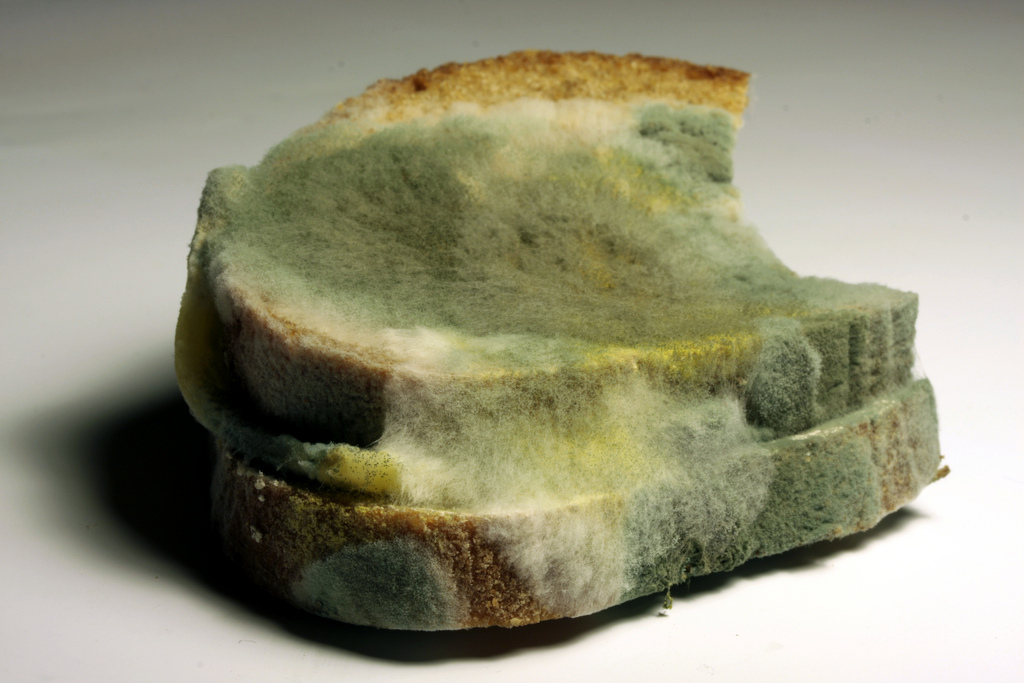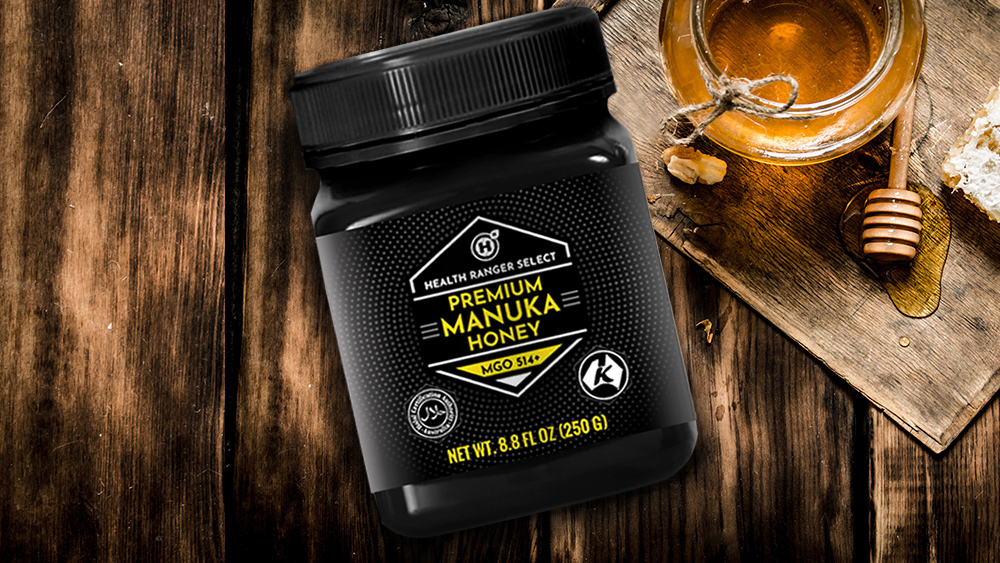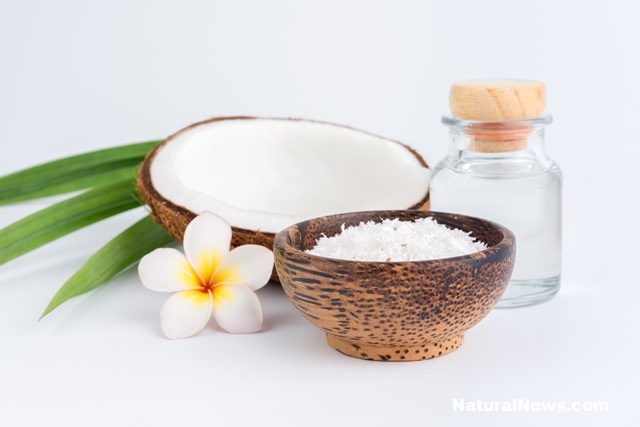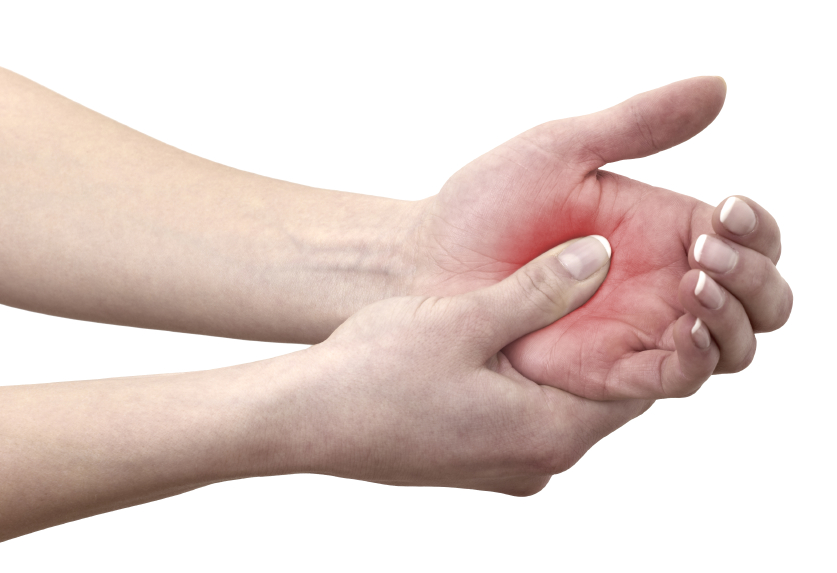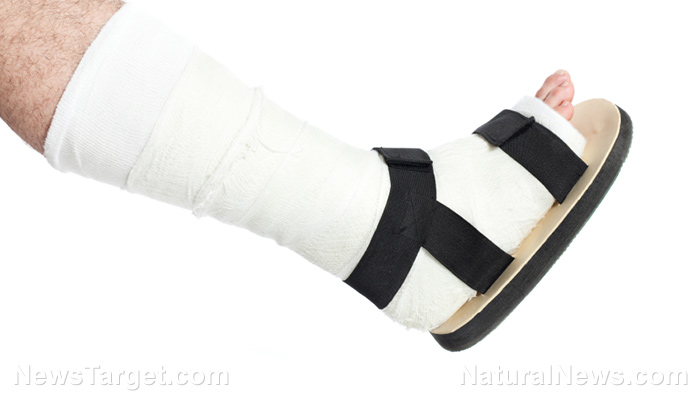Survival medicine: Are you familiar with the medicinal uses of honey?
06/14/2018 / By Zoey Sky
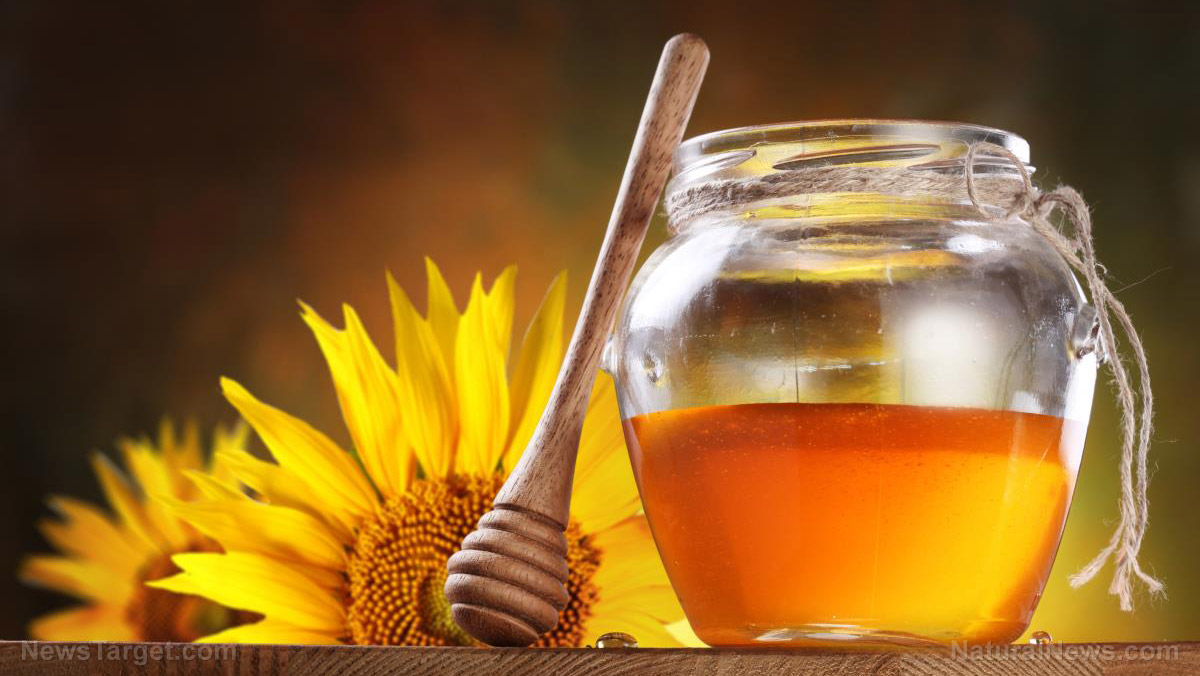
Aside from being a natural sweetener, preppers know that raw honey has several medicinal uses that can be helpful in a pinch. Check them out below, and don’t forget to include some honey in your supplies. (h/t to BeansBulletsBandagesAndYou.com)
Honey possesses medicinal properties because it is full of sugar with little to no water content. In fact, honey will often draw water out of less-concentrated solutions that it comes into contact with via a process called osmosis.
Bacteria and other microbes, which are “less concentrated solutions,” can’t live and grow in honey. While some kinds of bacteria can survive in their dormant spore form, they will remain inactive until they’re out of the honey.
Honey also contains antioxidants which neutralize a lot of chemical reactions, such as those used by germs, cancer cells, and our own immune cells that may cause inflammation. The antioxidants in honey can render most toxic chemicals harmless.
Since bees make honey to feed their larvae, it often includes components that are “anti-bacterial and pro-immune defense.” It might even have additional components which may be unique to specific plants that the bees visited to make honey.
These components will often give some kinds of honey unique colors and tastes, such as buckwheat honey and Manuka honey from Australia. (Related: Why every prepper needs a reserve of raw, natural honey.)
Here are some of the medicinal uses of honey:
- Cough suppressant – Honey is a powerful cough suppressant. It is thought to work as a demulcent, meaning it coats the lining of the throat to reduce irritation and lessen the cough reflex. Honey is even more effective than dextromethorphan, the standard cough suppressant found in over-the-counter cough medications.
- Relieving a sore throat – Mix some honey with freshly squeezed lemon juice and stir the mixture together. Drinking this mixture will help relieve your sore throat or reduce the irritation. Consume more of the mixture until your sore throat is gone.
- Energy booster – Honey contains glucose, which can help boost energy levels. Consume a tablespoon of honey if you need an energy boost.
- Immune system booster – Honey also contains phytonutrients with antibacterial and anti-viral properties. Eat a tablespoon of honey or drink a natural honey mixture regularly to help your body fight off infections and viruses.
- Soothing stomach upset or heartburn – Combine a tablespoon of apple cider vinegar and one tablespoon of honey with one cup of warm water. Mix everything and drink the solution to ease an upset stomach or heartburn.
- Treating burns – Apply some honey over a burnt area as a soothing substitute for burn cream.
- Wound dressing – Honey is a reliable treatment for wound infections. To use honey as a wound dressing, clean and debride (remove foreign matter and dead tissue) the wound. Dress the wound and make sure that you cut the dressing a bit bigger than the wound. Use a 10-percent honey solution for optimum bactericidal effect. Wounds often release fluid exudates, so use a mixture that is concentrated so it doesn’t end up being too diluted. Try using a mixture of one part honey and four parts clean water. Take note that you must put the solution on the dressing and not directly on the wound. Cover the dressing with a waterproof material to prevent flies or other insects from contaminating it. Change the dressing once or twice a day.
Keep in mind that you can’t use honey as a remedy for people with pollen allergies, especially if the bees feed on the pollen that triggers their allergies.
Now that you know about honey’s medicinal uses, keep a container at home and in your bug-out bag so you have access to a versatile and sweet remedy whenever you need it.
You can read more articles about the medicinal uses of honey and other natural cures at Healing.news.
Sources include:
Tagged Under: alternative medicine, bees, food cures, functional food, healing food, health benefits, herbal medicine, honey, medicinal uses of honey, natural cures, preparedness, prepper, prepping, SHTF, survival, survival medicine

